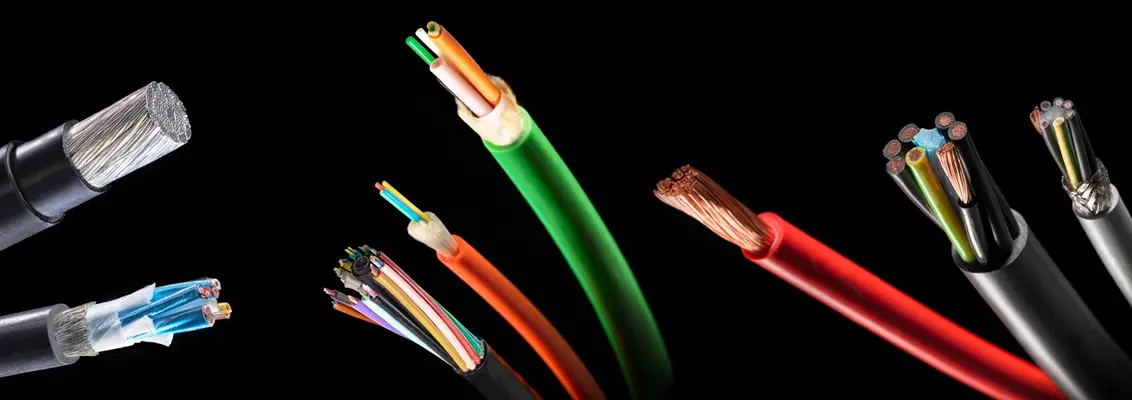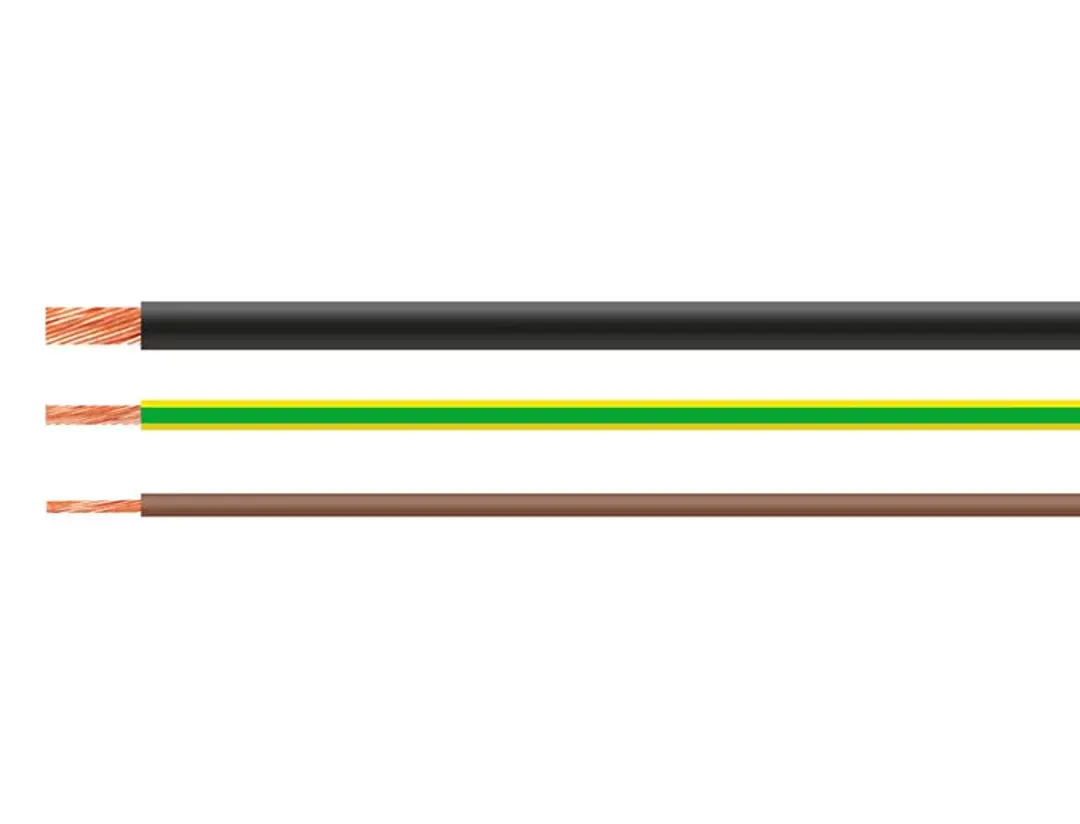How to choose the right conductor material for cables?

- Conductor materials for cables are essential for the transmission of energy, signals, and data.
- From traditional copper to innovative fiber optics, each material has its own advantages and specific applications.
- It’s crucial to understand the characteristics of each material to select the most suitable one based on your project’s needs.

In the vast world of the cable and conductor industry, selecting the right conductor material is crucial for ensuring optimal performance. From traditional copper to modern fiber optics, each material offers distinct advantages and uses.
In this article, we’ll explain the most common conductor materials and their characteristics—helping you better understand your options and make informed decisions for your projects.
The Classic: Copper (Cu)
Copper is the most commonly used conductor material in cables. With high conductivity, flexibility, and tensile strength, copper is the preferred choice for a wide range of applications. Its versatility makes it ideal for projects ranging from electrical installations to high-speed data transmissions.
An example of this type of cable is VFD and Servo Motor cables.
The Innovation: Fiber Optics
For applications that require ultra-fast transmission speeds and enhanced security, fiber optics are the undisputed choice. With the ability to transmit data through light, fiber optics are ideal for telecommunications, medical applications, and more. Their flexibility and speed make them indispensable in the modern world.
Learn more about our data and instrumentation cables.
Lightweight and Efficient: Aluminum (Al)
Although less common than copper, aluminum offers a lighter alternative for certain applications. While its conductivity is lower than that of copper, its reduced weight makes it ideal for power distribution cables and scenarios where portability is key. However, its lower flexibility may limit its use in some cases.
Excellence in Specialized Applications: Silver (Ag)
For applications demanding top-tier performance and efficiency, silver is the ideal choice. With the highest electrical conductivity of all metals, silver is perfect for specialized uses such as high-end audio equipment. Although it is significantly more expensive than copper, its outstanding performance justifies its use in select situations.
Strength and Durability: Steel
While not as conductive as copper or aluminum, steel stands out for its strength and durability. Widely used in military and aerospace applications, steel provides a reliable solution for demanding environments where resistance is key.
Choosing the Right Conductor Material
- Selecting the right conductor material for cables is a critical decision that directly impacts a project’s performance and reliability.
- From classic copper to innovative fiber optics, each material has its own unique characteristics and applications.
- By understanding the strengths and limitations of each one, you can make informed decisions that optimize your projects and ensure their success.
At Helukabel, we can help you choose the most suitable cable based on your specific needs. Contact our experts.

